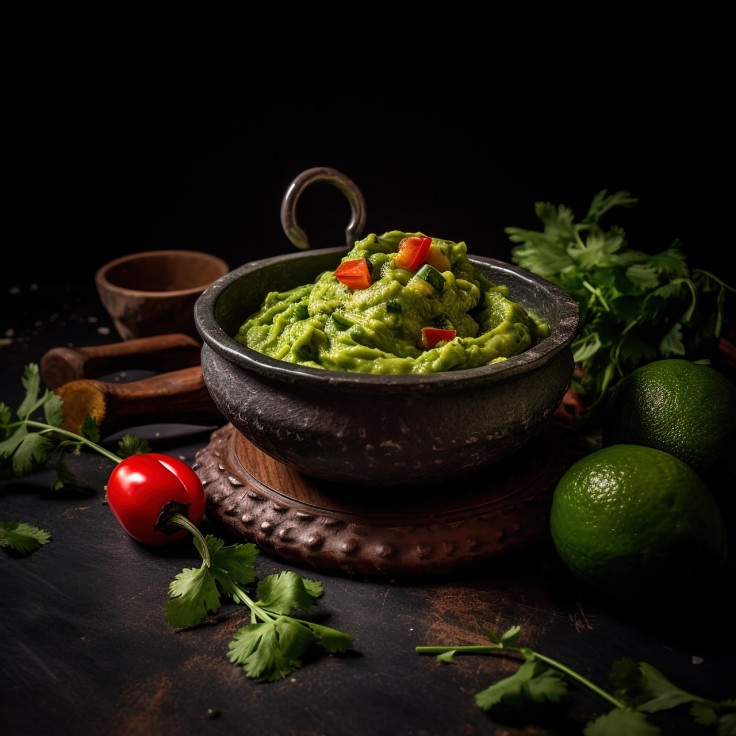Wasabi For Cognitive Health? Researchers Say It Could Improve Memory

Wasabi, the much-loved Japanese spice that adds flavor to sushi, could be a beneficial supplement for cognitive health, a study has revealed.
In a trial conducted in a small group of healthy participants above the age of 60, researchers found a "significant improvement" in short-term and long-term memory with the use of a supplement containing 6-MSITC, the main bioactive compound found in wasabi.
The team evaluated 72 healthy volunteers between 60 and 80 years who were split into two groups. One group took 100 milligrams (mg) of wasabi extract at bedtime, while the rest had an identical placebo for 12 weeks. Researchers examined a range of cognitive abilities of the participants, including executive function, memory, processing speed and attention before and after the trial.
At the end of the trial, the group that took wasabi showed better short- and long-term memory when they were tested for language skills, concentration and ability to carry out simple tasks.
"We investigated the benefits of 6-MSITC intake on cognitive health in older adults. The current RCT revealed that an intake of 0.8 mg of 6-MSITC for 12 weeks significantly improved memory functioning, including episodic and working memory, compared to the placebo group, but we did not find any significant improvements in other cognitive functions. This study is the first to demonstrate that 6-MSITC has a benefit on memory functioning in healthy older adults," the researchers wrote in a paper published in the journal Nutrients.
The antioxidant and anti-inflammatory compound, 6-MSITC, is found only in trace amounts in other plant products. However, it is the main bioactive compound in wasabi that reduces inflammation and oxidant levels in the hippocampus, the brain area responsible for memory, researchers explained.
"We knew from earlier animal studies that wasabi conferred health benefits. But what really surprised us was the dramatic change. The improvement was really substantial," said Rui Nouchi, the study's lead researcher from Tohoku University's Institute of Development, Aging and Cancer.
The group that took wasabi supplements showed "better performance in associating faces and names, which is often the major memory-related problem in older adults," Nouchi added.
Researchers believe 6-MSITC intake would be effective in enhancing daily memory functioning in the aging population. However, the team needs to test the effects of wasabi on other age groups and check if the spice could help in slowing memory decline associated with dementia.
Published by Medicaldaily.com



























